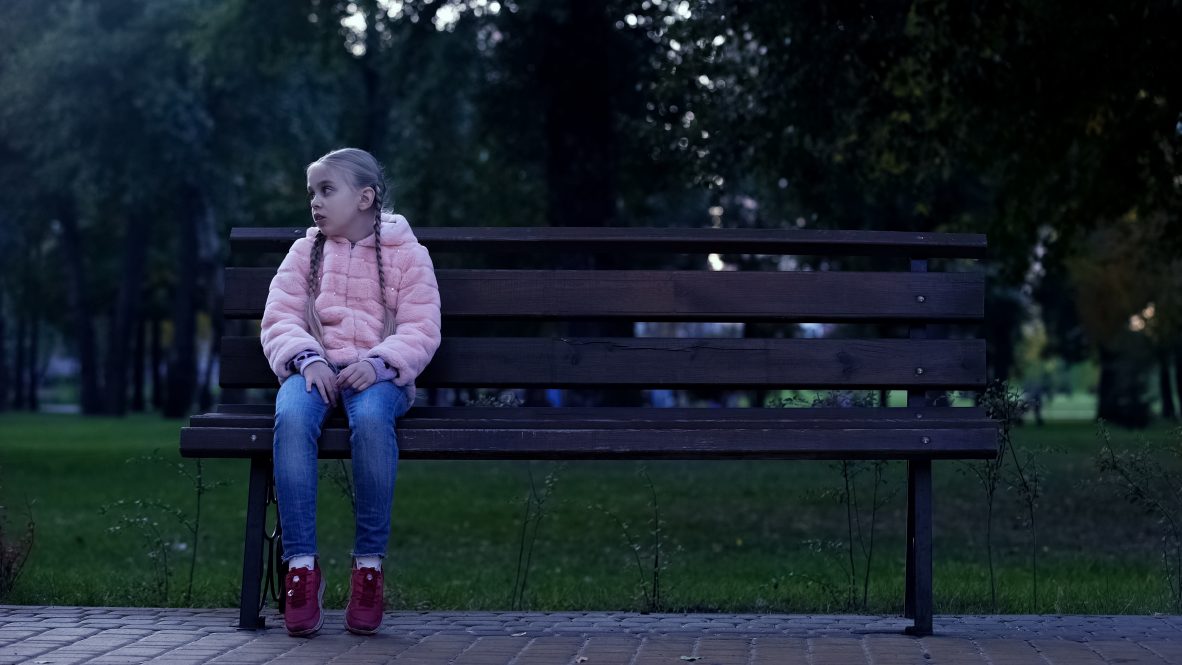The ways parents show affection toward their children differ in different cultures. But children’s reactions to rejection by a parent don’t, reports a team of researchers from UConn and other universities in the Journal of Child and Family Studies.
“In some cultures, if my mom takes the time to peel an orange for me, it means she loves me,” says Ronald Rohner, Director of the Rohner Center for Study of Interpersonal Acceptance and Rejection at UConn. In other cultures, verbal praise might be the way parents show love and acceptance. But no matter how it’s done, parental acceptance is essential for a child’s wellbeing.
“Children have a fundamental need for positive regard from their parents. If that basic need is not met, it generally leads to a variety of personality and psychological problems” says Sumbleen Ali, a research scientist in the Rohner Center.
Ali, Rohner, and HDFS professor Preston Britner recently published a study co-authored with researchers from Duke University and around the world who looked at how 1,315 children in nine countries reacted to parental acceptance or rejection over the span of seven years, from ages seven to 14. The study is part of the broader Parenting Across Cultures project.
They found that parental rejection consistently led to negative behaviors that either externalized the child’s distress through bullying or disobedience, or internalized it through anxiety or sadness. But the type of rejection mattered. For example, fathers who treated their children coldly led to their children internalizing problems. Mothers with more education tended to have children with fewer externalizing problems, but the mothers’ level of education had no effect on internalizing problems.
In about 25% of the societies of the world, parents tend to reject their children—it’s culturally regarded as an appropriate way to parent in those places, according to Rohner. In the U.S., about 7 -10% of adults and children have experienced significant parental rejection. The research by Ali and her co-authors is the first study to look at the effects of rejection on the same children over a period of time. The researchers continue to follow the children as time goes on, and have plans to add brain imaging to the study, to see how interpersonal rejection influences brain structure and function.
The research is funded by a continuing grant from the National Institute for Child Health and Human Development.



